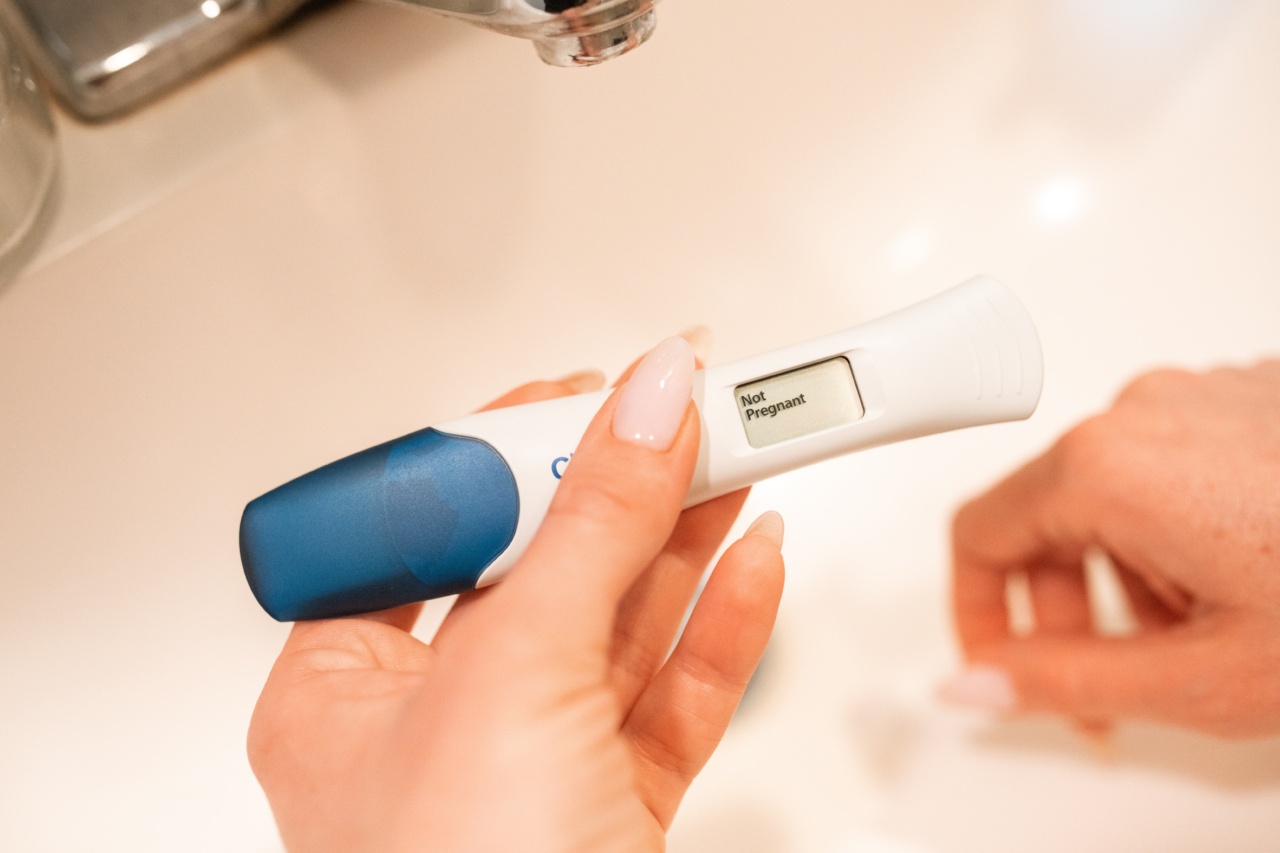High blood pressure is a common condition among pregnant women, affecting approximately 6-8% of all pregnancies. High blood pressure during pregnancy can lead to various complications, which can be harmful to both the mother and baby.
In this article, we will discuss some of the potential health complications of high blood pressure during pregnancy, along with their symptoms, causes, and treatment options.
Preeclampsia
Preeclampsia is a severe condition that can develop in pregnant women with high blood pressure. It is characterized by high blood pressure and the presence of protein in the urine after 20 weeks of pregnancy.
Preeclampsia can lead to various complications such as seizures, organ damage, and in severe cases, it can be fatal for both the mother and baby. Symptoms of preeclampsia can include high blood pressure, protein in the urine, severe headaches, vision changes, and upper abdominal pain.
Treatment for preeclampsia often involves close monitoring of the mother and baby, medication to control blood pressure, and early delivery of the baby.
Gestational Hypertension
Gestational hypertension is a condition where a pregnant woman develops high blood pressure after 20 weeks of pregnancy. This condition is different from preeclampsia as it does not involve protein in urine or other signs of organ damage.
However, women with gestational hypertension have an increased risk of developing preeclampsia later in pregnancy. Symptoms of gestational hypertension can include high blood pressure, headache, and swelling in the feet and hands. Treatment for gestational hypertension typically involves close monitoring of blood pressure, bed rest, and delivery of the baby.
HELLP Syndrome
HELLP syndrome is a severe complication of preeclampsia that affects the liver and blood-clotting system. HELLP stands for Hemolysis, Elevated Liver enzymes, and Low Platelet count.
Symptoms of HELLP syndrome include nausea/vomiting, headache, upper abdominal pain, and excessive fatigue. Women with HELLP syndrome often require urgent delivery of the baby, along with medication to control blood pressure and prevent seizures.
Risk Factors for High Blood Pressure During Pregnancy
Some of the common risk factors associated with high blood pressure during pregnancy include:.
- First-time pregnancy
- Age (above 40)
- Multiple pregnancy (twins, triplets, etc.)
- History of high blood pressure or kidney disease
- Obesity
- Family history of preeclampsia
- Previous history of preeclampsia
Treatment Options
Treatment for high blood pressure during pregnancy may involve medication, lifestyle changes, and close monitoring of the mother and baby. Some of the common treatment options include:.
- Antihypertensive medication to control blood pressure
- Bed rest or reduced activity
- Dietary changes to reduce salt intake
- Frequent monitoring of blood pressure, urine, and blood tests
- Delivery of the baby if the condition is severe
Conclusion
High blood pressure during pregnancy can lead to various health complications, which can be dangerous for both the mother and baby.
It is important for pregnant women with high blood pressure to receive prompt medical attention, close monitoring, and appropriate treatment to prevent severe complications such as preeclampsia, HELLP syndrome, and premature birth.





























